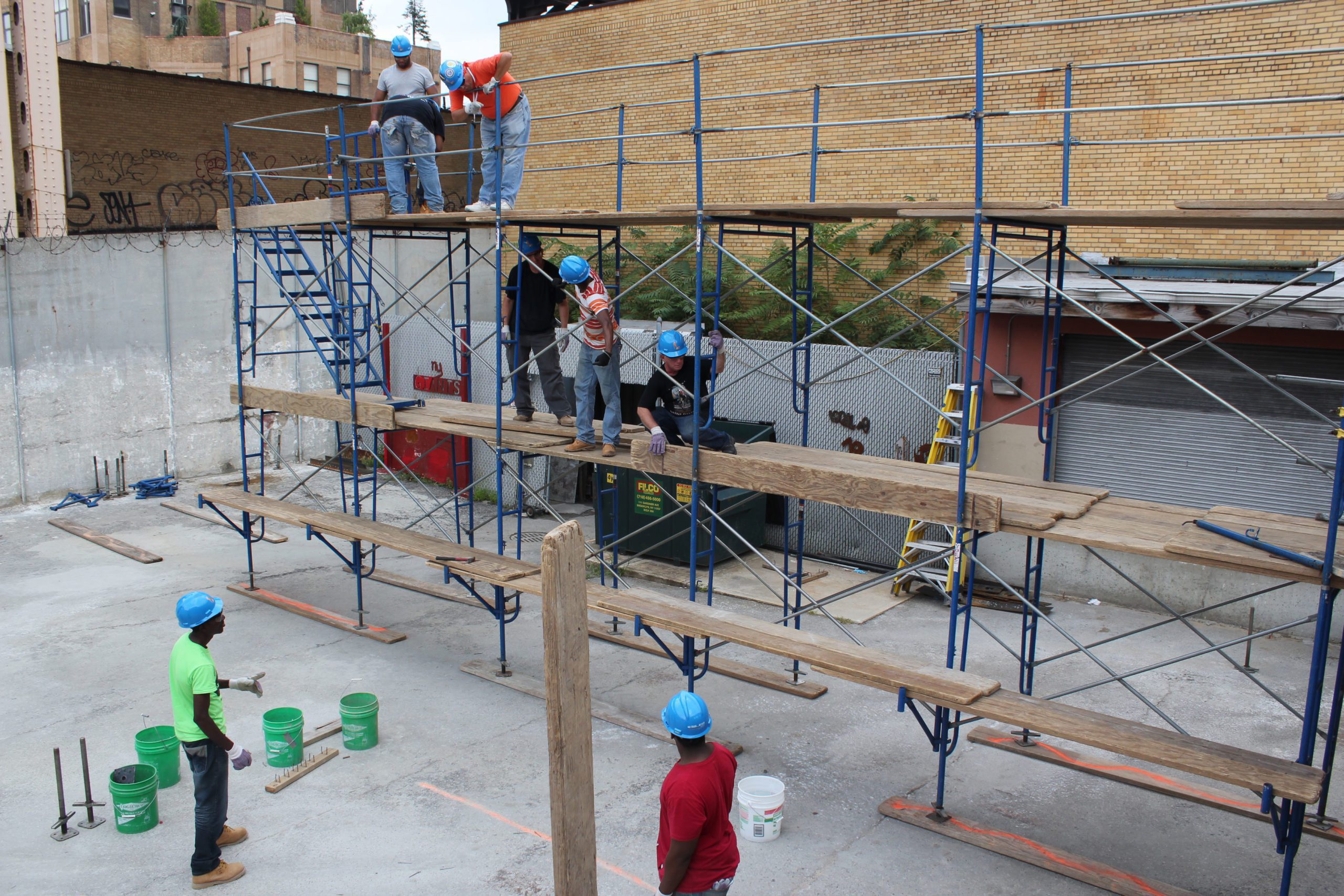Play Deprivation… What is it? And how can we avoid or recover from it?
Firstly, let address ‘what is play’? There is no agreed upon definition of play amongst education theorists, and psychologists. Perhaps because it is a complex term and to reduce its components to only its behaviours would be a disservice. However, Play is often described by the following common four descriptors:
- It is intrinsic within each of us; self-motivated and self-directed with the option to leave at any time
- It is freely chosen; there is no predetermined end goal
- It is pleasurable (fun)
- The player is actively engaged
Therefore, play deprivation is the name given to the notion that NOT playing may deprive children of experiences that are developmentally, biologically, and socially essential (Hughes, 2003).
Play deprivation may be caused by factors including:
- Inadequate or unsafe play spaces and equipment
- An over structured routine including too many organised sports, and not enough time for free choice
- Short recess or play blocks of time at school
- High consumption of technology including viewing and video gaming
- Over vigilant parents/educators concerned with safety and giving little access to free open-ended play
- Unfortunately, a new factor is now present; a global pandemic causing social isolation and inaccessibility to play spaces

When children are deprived of play, the consequences can be catastrophic. Sustained, moderate to severe play deprivation (particularly during the first 10 years of life) is linked to “major emotional dysregulation; i.e., increased prevalence of depression, a tendency to become inflexible in thought, diminished impulse control, less self-regulation, poor management of aggression, and fragility and shallowness of enduring interpersonal relationships” (Brown S, 2014).
Further studies also suggest Play deprivation leads to a loss of sensory stimulation resulting in withdrawal and loss of electrical brain activity (Tobin, 1997). Children who have been deprived of quality play experiences throughout their lives can become highly violent and antisocial regardless of demography (Hughes, 2003, in Brown and Lomax, 1969, in Brown 1998). Children who are deprived of outdoor play experiences demonstrate aggressive behaviours, depression, antisocial skills, and are at risk for becoming obese (Huttenmoser et al, 1995). There are even studies to suggest that children who do not play develop brains 20-30% smaller than normal size (Hughes, 2003).
We know from all the research that Play is critical for the development of physical, emotional, social and cognitive skills in children, and is essential for a lifetime. But with the busyness of the world, combined with a global pandemic the rates of play deprivation are sadly increasing.
Our worlds are so far removed from what they were in the 80’s. I am sure many of us grew up roaming the streets with friends, riding bikes (wink, wink) and making our own games.

Our children do not have access to the same opportunities that many of us did as children, so it requires a very conscious and creative effort to ensure they have access to play. And I am not talking about the adult-orientated sensory play trats and perfectly curated playrooms. Our children need pure, intrinsically motivated, actively engaged, freely chosen play.
Can play deprivation be reversed?
If you are an educator then you may recognise the play deprived child entering your classroom. They often lack the skills of play and can present as very disruptive or unable to use resources safely.
The good news is that there are studies to suggest that access to quality play experiences can eliminate the consequences of those who have become play deprived (Einon,1978; Thompson, 1996). However, children will need some help with this. Adults are generally the cause of play deprivation, and so they also need to provide the solution.
I want to share a little snippet of my own experience with play deprivation on a minor scale and how we overcame it, as I think you can relate. I have two children (4 and 5 years old) and after a busy month of birthday parties, dance concerts, meetings, doctors appointments, work and school we found ourselves exhausted and highly overprescribed on sugar and processed junk. It wasn’t until the behaviours of my children had escalated beyond ‘normal’ that I realised we had a problem. I went to my teacher/mum toolbox and thought about the cause of these behaviours. I then realised we had not been connecting through play much over the past 4 weeks. I knew the girls were acting out because their cups were empty (as was mine). But I felt exhausted also, and the last thing I wanted to do was play. The easy solution each day was to turn the TV on so that I could focus on work and get my ’to do list’ done. But the behaviours kept rising, none of us were sleeping properly and I was on the bridge of a mental break down (or running away). I attempted to turn the TV off one day and told the girls to go and play. It resulted in fighting, arguing, tears and many meltdowns. It was as if they had forgotten how to play?!? So back on the TV went. Does this sound familiar? I knew that they were play deprived and that this was going to take some effort to reverse. So, I carved out 3 whole days to reset all of our clocks. I explained to the girls that we were going on an adventure and off we went.
Day 1- We went to an outdoor playground and spent all day there. It wasn’t smooth or easy. The girls needed me by their side 24/7. It was a full day of making up games and getting the girls to join in, they were heavy reliant on me
Day 2- We went to a creek and took balls, frisbees and some outdoor play equipment. Was it easy? Nope- they were begging to stay home, and watch TV and I had to get creative and playful in my approach. I invented a pirate game and treasure hunt. We spent the day playing together, and slowly I watched as they left my side a little longer each time. They were beginning to be less reliant on my presence.
Day 3- We spent the day at home, but we put limitations around the TV. It could be watched for 1 hour only, and once that hour was gone it needed to sleep. We spent the day in our playroom making castles, crafting and more. They still needed me in the room with them all day, and I was instigating a lot of the play still. I slowly watched as their creativeness began to flow again. They started finding the magic of play once again.
*(I also acknowledge that a lot of these options are not possible during lockdown which requires a much more creative approach)
So how can we help children overcome play deprivation? The answer is Scaffolding!
For those unfamiliar with the term Scaffolding, it is achieved by an adult. Similar to “building something, scaffolding is a temporary structure used to support a work crew and provides materials to aid in the construction, maintenance, and repair of buildings. The philosophy is similar in early childhood education and works almost the same way to build independence in children.” (Rock A, 2021)

To scaffold in play, is to prepare the environment and maximise the interaction between yourself and child. It requires being fully present, ensuring you are a child’s level and following your child’s lead through play. It will look different for each child depending on the level of play deprivation. Generally scaffolding is done with a new experience, however for a play deprived child I would initiate play with a familiar experience. In my own experience above we built castles with blocks; this is a familiar experience in our household. Scaffolding may be overly structured to start with to support independence in a child, or it may only require playing next to a child and mimicking their movements. The important thing to remember is that there should be no desired end goal, and to be flexible and have fun with your child. We are trying to remind them that play is full of fun and magic, and they are in control of their play.
I have found scaffolding and overcoming play deprivation the most effective outdoors immersed in nature. There are many reasons for this, but the simplest is that all distractions are taken away when outside. There are no home chores for the adult to be distracted by, and no televisions for the child. It also breaks up the usual daily structure, which is helpful in creating a new, more playful routine.
According to Hanscom (2021) “Play, especially outdoors, is exactly what children need (more than ever) in order to connect and heal through this collective trauma together”.
Play deprivation is a serious problem, and it needs to be addressed promptly!
We MUST prioritise play opportunities moving forward, both in the home and in educational settings. Our time as parents and educators to advocate for the children’s needs has never been more warranted. What can you do today, to invite more play? What can you do today to protect our children’s universal right to play?







2 comments
Thank you for sharing! I’ve never heard of play deprivation so I’m glad I came across your blog.
As a parent I’m definitely guilty of having the TV on usually just for background noise but it’s still an unhealthy habit that I’m not proud of.
I love participating in play activities with my son but our favourite thing to do is to be out in nature exploring. Watching him experiment with natural materials warms my heart….thank you for the tips ❤️.
I love the way you have broken this down Amie. A really relatable read, thank you! When we recognise this feeling in our home life we know it’s time to drop the scheduling, or ideally go camping. We take barely any play items- most recent trip took a ball, board and UNO … and reset.